Possession is a 1981 French cult horror film directed by Andrzej Żuławski and starring Isabelle Adjani and Sam Neill.
Possession is not exactly the kind of movie you'd expect to have been inspired by real-life events - and yet that's exactly the case. Żuławski wrote the script after his marriage to Małgorzata Braunek (the Polish star of his first two movies) hit the rocks and it was left to him to take care of their son Xawery (nowadays a celebrated director in his own right). With Leo Tolstoy's "Anna Karenina" as an alleged source of additional inspiration, Żuławski and his co-screenwriter Frederic Tuten put together a viscerally acute portrayal of male jealousy and rage, which includes a double set of not-to-be-revealed doppelgängers and is ultimately about the perils of personal freedom taken to its extreme.
Shot on location in divided Berlin, the movie makes a great, conspicuous use of wide-angle deep-focus photography, which renders each interior eerily compressed and all exteriors airy and ominous at the same time. Possession's first image is that of Berlin wall itself, and Mark and Anna's place overlooks one of the wall's outposts, with the communist eastern part of the city looming in the background as a reminder of a violated, enslaved reality that the film's Polish director knew all too well (having been kicked out of his country twice). What's more, many shots of the main couple are organized so that the growing division between them is mirrored by dual composition, with Mark and Anna reigning over separate halves of the frame.
If one would try looking for comparisons that best describe Żuławski's sensibility, it would probably be wisest to position him mid-way between Brian De Palma and Ingmar Bergman. For all his love of cine-hyperbole, which often makes his movies feel like mere strings of 'grand' sequences, Żuławski doesn't share De Palma's slickness - or his heartlessness, for that matter. Instead of reducing his cinema to formal pyrotechnics, Żuławski remains deeply engaged with the secrets of the human soul, which he perceives as being forever torn apart by violent contradictions. In that alone, he's a deeply romantic director: a passionate explorer of what's most self-destructive about us. And yet, one feels him strive for an elation that would prove redemptive enough to help us carry on despite our deeply divisive desires. Even if "Possession" was once described as "a movie about a woman who fucks an octopus", there's no mistaking the fact that deep inside, Żuławski's cinema is all about searching for grace.





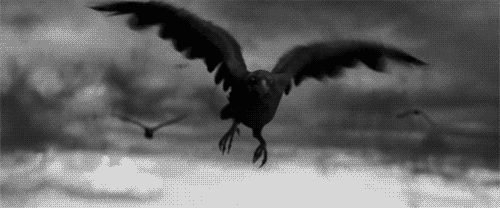
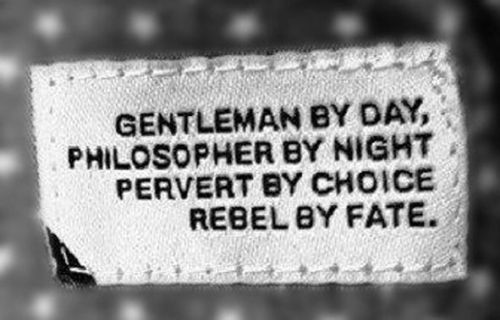



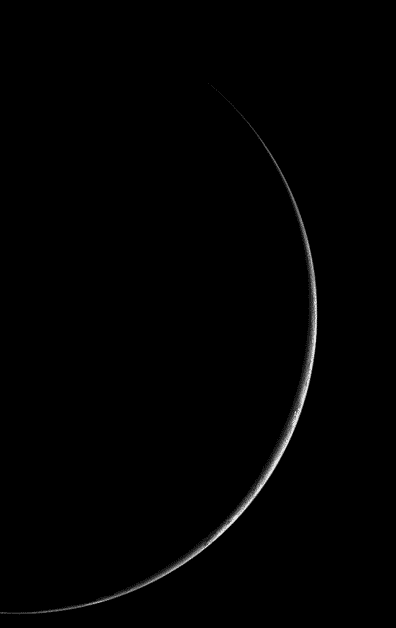








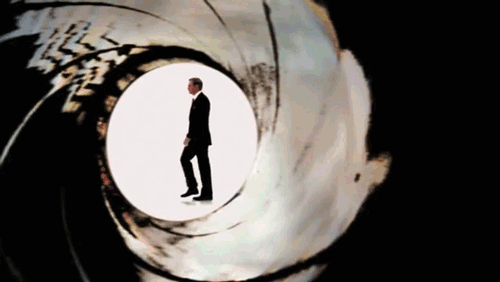


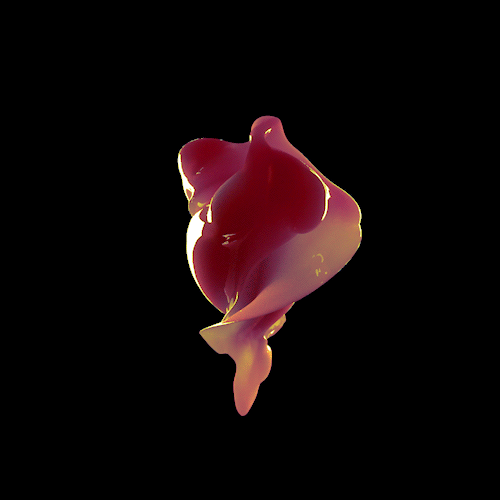


No comments:
Post a Comment